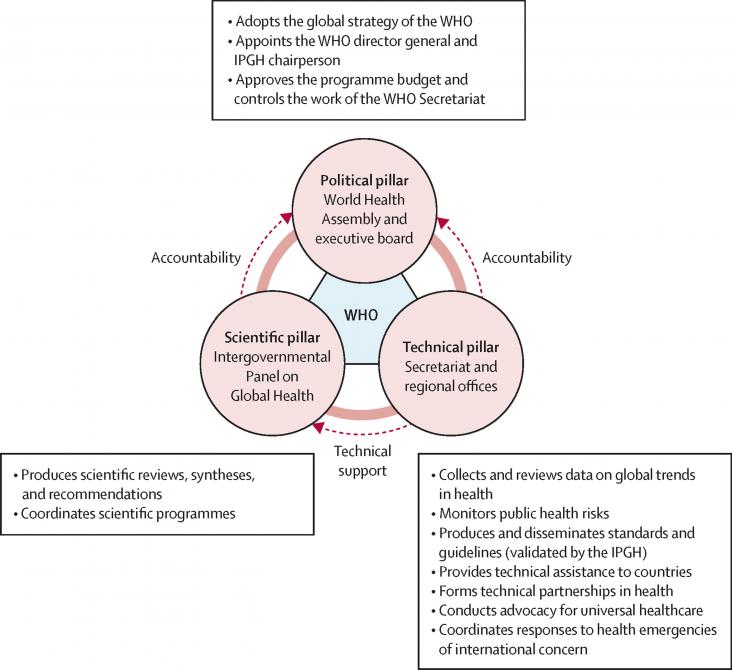The paper presents policy responses to the pandemic that illustrate how the crisis has opened opportunities for initiating changes that can lead to a more just food system.

This Comment article supports SDG 3, 13, and 17 by advocating the creation of a new model of multilateral governance on the basis of the experience gained in two other areas of global public goods governance—climate change and biodiversity.
A good paper looking into water quality in Kenya and how water companies needs to improve on the water quality chemically by adjusting the Calcium and Alkalinity concentration

A News article on the unfolding health and humanitarian crisis due to the conflict in Ukraine, in the context of SDGs 3 and 16, focusing specifically on the health of displaced citizens.
Do immigrants suffer extra mental health problems? Is there a way to improve the mental health of first and second generation immigrants?
Explores connection between airline pilots' fatigue and their mental health, with implications for safety.
The sequence diversity of HIV-1 is the biggest hurdle for the design of a prophylactic vaccine. Mosaic (Mos) antigens consisting of synthetically shuffled epitopes from various HIV-1 strains are currently tested in the clinical vaccine trial Mosaico (NCT03964415).
Advances in science have ushered in a wave of new potential curative and control strategies for HIV that could eliminate the current requirement for life-long antiretroviral therapy (ART) for people living with HIV (PLWH). In this article, we argue that it is critical to consider social contexts in the development of HIV cure trial protocols.
This Article support SDGs 3 and 5, focusing on assessing outcomes in premenopausal women with oestrogen receptor positive breast cancer receiving ovarian suppression, in particular comparing tamoxifen versus aromatase inhibitors in this population.

International Women's day is celebrated every year on 8 March and this year's theme is “Gender equality today for a sustainable tomorrow”, recognizing the contribution of women and girls around the world, who are leading the charge on climate change adaptation, mitigation, and response, to build a more sustainable future for all. Elsevier has collated a freely available special issue of book chapters and journal articles to celebrate and highlight International Women's Day.
